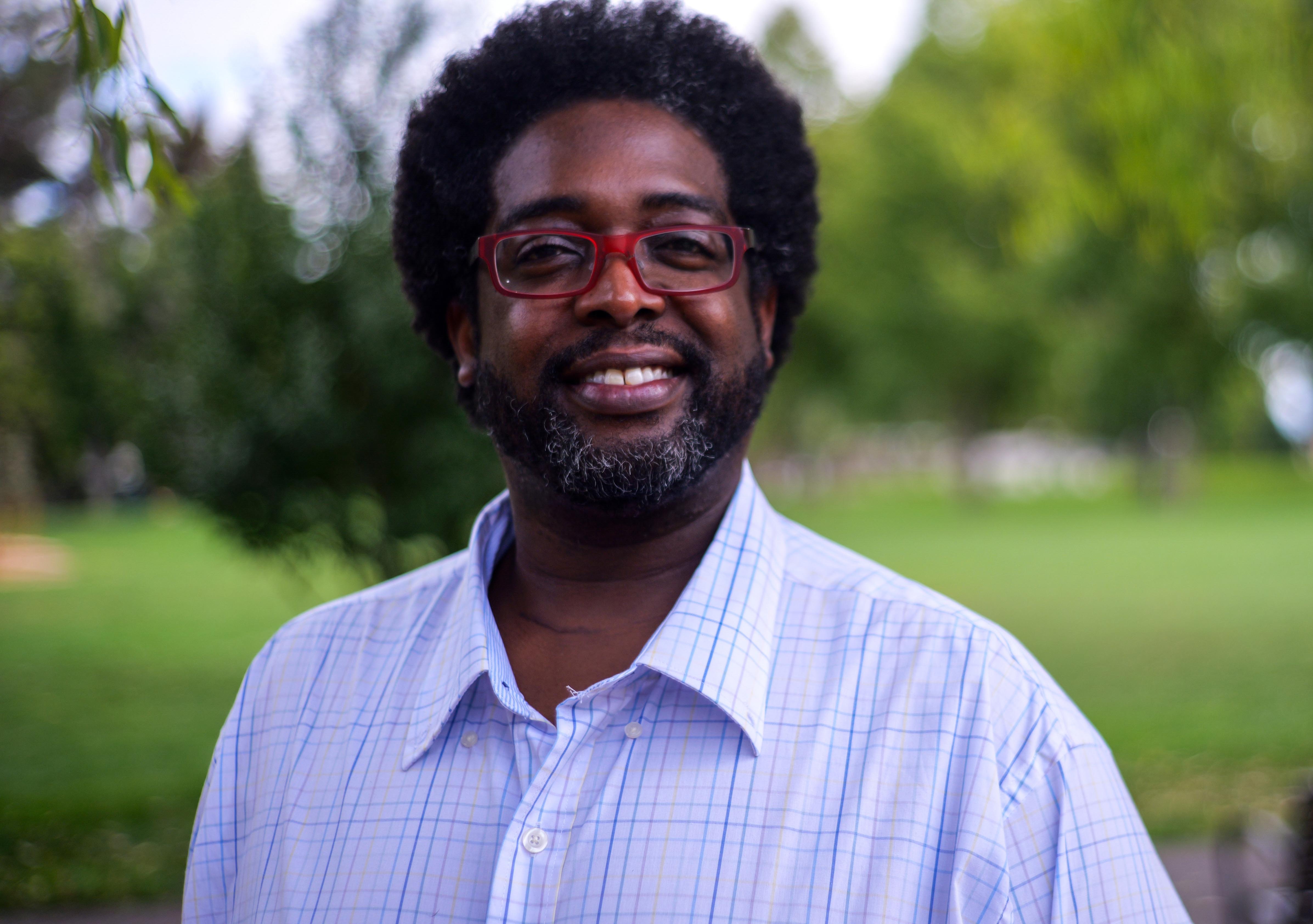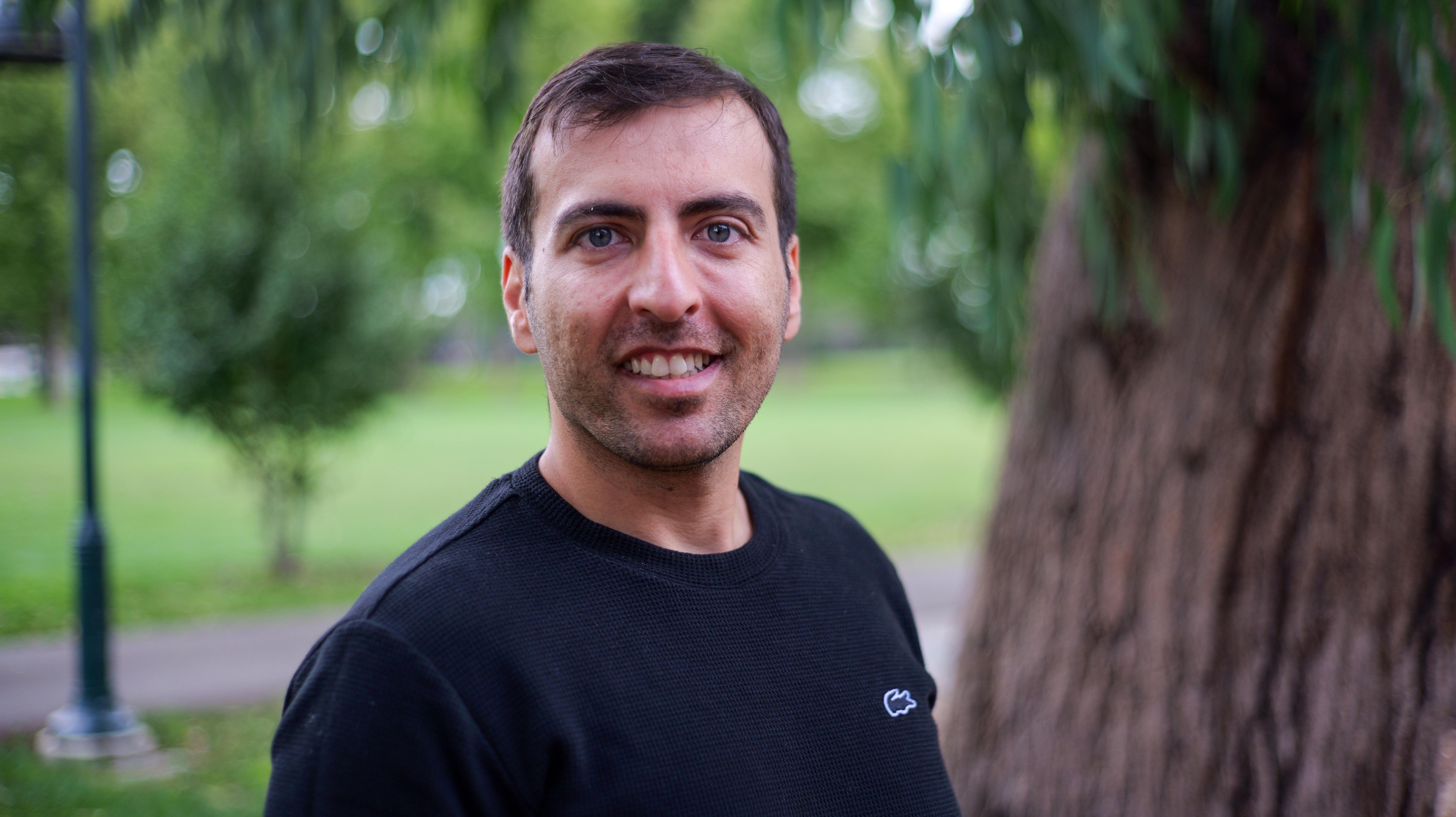Welcome to the PAU Writing Studio
About
The Writing Studio at Palo Alto University helps writers improve their skills. We offer one-on-one meetings, workshops, and online resources. Our coaches understand the demands of psychology and counseling programs, including research papers, APA formatting, and professional documentation. Whether you're working on a dissertation, research proposal, job application, presentation, or any other writing project, we're here to help you write clearly and effectively.
Our Services
Our collaborative and compassionate approach fosters a sense of belonging and connection within our community while promoting professional development and academic success. Our vision is to promote a culture of reflective writing and self-discovery, where every writer feels empowered to explore their thoughts and emotions through the written word.
Additional Resources
Log in with your Palo Alto University credentials to access the Writing Studio Portal.
Meet Our Staff

Robert Randolph, Jr., PhD | Writing Studio Director
Robert Randolph, Jr., PhD (he/him), is a vernacular scholar from Eastern North Carolina. He has held appointments at North Carolina A&T State University, the University of North Carolina at Greensboro, American University, and Shaw University. His research and teaching interests include writing center studies, socio-cultural foundations of education, and Black feminist and queer rhetorics and pedagogies. His writing center scholarship can be found in The Writing Center Journal and Composition Studies. His notable publications include “The Queer Poetics of Social Justice: Literacy, Affect(ion), and the Critical Pedagogical Imperative” and “Shifting the Talk: Writing Studies, Rhetoric, and Feminism at HBCUs.” His most recent project, titled “A Grammar of Willfulness: On Writing Centers, Critical Marginality, and the Feminist Killjoy,” employs willfulness (persistence, obstinance, stubbornness, and unruliness) and ‘the feminist killjoy' trope as reading devices for current writing center research and practice. Randolph holds an MA in English and African American Literature from North Carolina A&T State University and a PhD in Educational and Cultural Studies from the University of North Carolina at Greensboro.
Contact Dr. Randolph
Email: rrandolph@paloaltou.edu
Phone #: (650) 800-9621

Masoud Mahmoodi-Shahrebabaki, PhD | Assistant Director
Masoud Mahmoodi-Shahrebabaki, PhD, brings a wealth of expertise in writing instruction and program development to the Palo Alto University Writing Studio. With a distinguished teaching and service career spanning multiple institutions, including the University of California Irvine, University of Colorado Denver, and Soka University, Dr. Mahmoodi-Shahrebabaki has developed innovative writing curricula and guided diverse student populations toward academic success. As a former writing center specialist, he has worked extensively with writers across academic disciplines and career stages, from first-year students to faculty researchers. Dr. Mahmoodi-Shahrebabaki is currently developing a comprehensive first-year writing curriculum that responds to the impacts of AI on student writing behaviors.
Contact Dr. Mahmoodi-Shahrebabaki
Email: masoud.mahmoodi@paloaltou.edu
Phone #: (650) 744-2668
Walk-In Office Hours: Tuesday, Wednesday, and Thursday (10:30 am - 12:30 pm)
Location: Allen Calvin Campus, Building 3, Room 312
Student Services
Writing Coaching
Writing Coaching offers personalized consultations designed specifically to support PAU's mental and behavioral health students, with discipline-specific writing tasks, including case studies, clinical reports, research proposals, APA-formatted papers, and dissertations. Our trained writing coaches work with you to develop clear, professional communication skills essential for both academic success and clinical practice. We offer flexible scheduling with in-person, virtual, and asynchronous feedback options to accommodate your coursework and clinical training commitments.
For questions regarding writing coaching please contact Dr. Mahmoodi-Shahrebabaki (masoud.mahmoodi@paloaltou.edu).
Cancellation & No-Show Policy
To ensure all students have access to our services, please be mindful of the following:
Cancellations: Please cancel your appointment via WCOnline at least 12 hours prior to your scheduled time. This opens the time for another student.
No Shows: A "no show" occurs when you miss an appointment without canceling at least 12 hours beforehand.
Late Arrival Policy: Arriving 10 minutes or more late to your scheduled appointment will be considered a no-show.
Consequence: After your second no-show, your WCOnline account will be automatically disabled for the remainder of the current quarter. We encourage you to be a good steward of the Writing Studio's time and resources, which are shared with the entire PAU community.
Account Reactivation: If your account has been disabled and you would like to request reactivation, please contact the Assistant Director of the Writing Studio at masoud.mahmoodi@paloaltou.edu with a brief explanation of your circumstances. Requests will be reviewed on a case-by-case basis.
ThinkingStorm provides 24/7 online writing support for PAU students through qualified tutors holding advanced degrees. Students can upload drafts and receive personalized feedback within 24 hours, making it an ideal complement to our in-person Writing Studio services. This convenient platform allows students to access professional writing assistance anytime, anywhere, supporting their academic success around their busy schedules.
How to Access ThinkingStorm:
Step 1: Log into Canvas from OneLogin
Step 2: Copy and paste this URL into your browser in the same tab as Canvas or in a new browser tab: https://paloaltou.instructure.com/courses/10281/modules/items/310812
Step 3: Click on the available links to connect with ThinkingStorm tutors and begin receiving writing support.
Grammarly is an AI-powered writing assistant that helps PAU students improve their writing through real-time grammar, spelling, punctuation, and style suggestions. The platform offers instant feedback on clarity, tone, and engagement while students write, making it an excellent tool for drafting and revising academic papers. Students can access Grammarly through web browsers, desktop applications, or mobile devices, providing continuous writing support that complements our personalized coaching services.
How to Set Up Your Grammarly Account:
Step 1: Add the following email addresses to your contact list:
Step 2: Go to https://www.grammarly.com/enterprise/signup and in the Sign Up box, enter your PAU email address.
Step 3: On the next screen, click on "Sign in With Google" and click on your PAU email address when it displays, then accept the terms. If it goes directly to a OneLogin signin box instead, sign in with your PAU username and password and authentication code.
Step 4: Once logged in, you will be taken to your Grammarly dashboard. Click on "Apps" on the left side menu to install Grammarly Premium in Chrome, Google Docs, Microsoft Word, and your phone, iPad, or other tablet.
If you encounter issues setting up your account or have questions about using Grammarly, please contact the Writing Studio Director, Dr. Robert Randolph at rrandolph@paloaltou.edu.
This Free APA course teaches students the citation and formatting standards required for psychology and behavioral science writing, including proper document formatting, in-text citations, reference lists, and bias-free language.
Through interactive workshops and practical exercises, participants gain confidence in applying APA 7th edition guidelines to research papers, case studies, and clinical documentation. Designed specifically for PAU's programs, this course provides essential skills for academic success from undergraduate papers through dissertation writing.
Free APA Manual (Online Access)
All PAU Students have free access to the American Psychological Association publication manual, 7th edition, available through the PAU Library.
The Writing Studio at Palo Alto University offers practical workshops designed to support your academic and professional journey. Our sessions provide clear strategies to help you excel in your coursework and professional writing.
Our workshops focus on building essential skills for success at PAU and beyond. Join us to learn how to:
- Structure academic papers effectively.
- Master APA formatting and citations.
- Write clear and concise clinical reports.
- Develop strong arguments for research proposals and dissertations.

